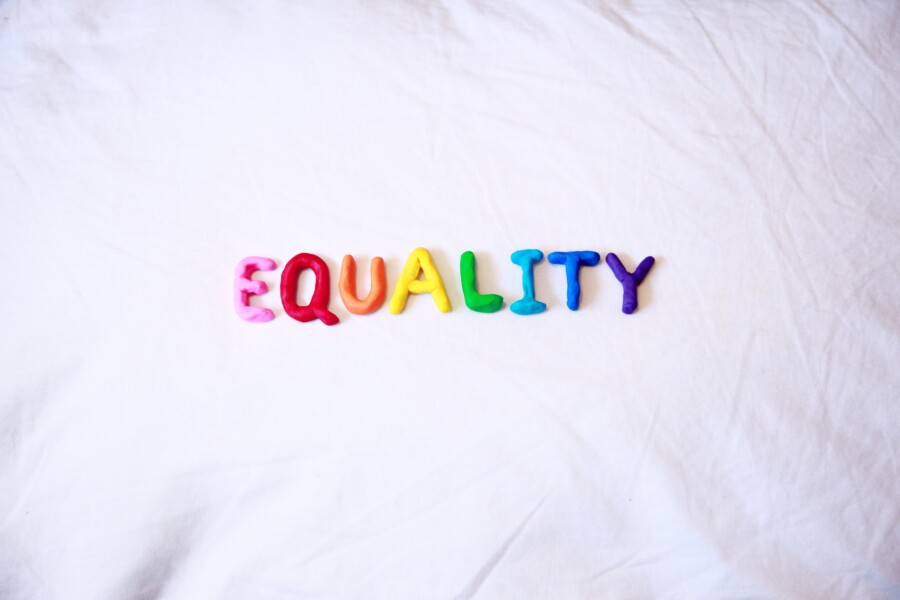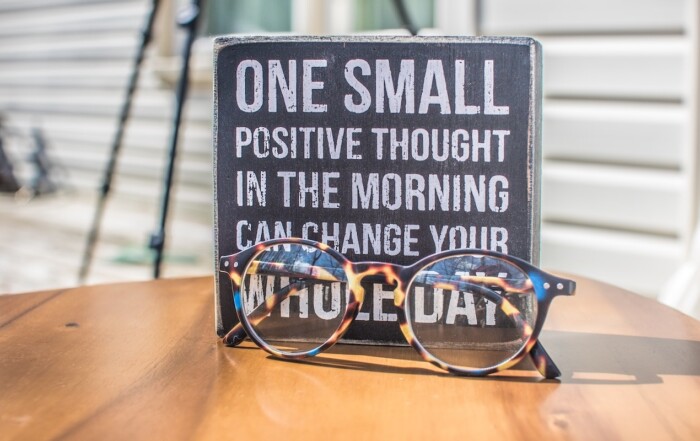College Admissions Tips and Guidance
The College Search for LGBTQ+ Students

Explore Our Articles
Recent Posts
Popular Categories
Get In Touch
On Social
By Phone or Text
(617) 734-3700
By Mail or Email
1678 Beacon Street
Brookline, MA 02445
By Form
Educational Advocates
Our objective is to guide the family in finding options where the student will not only get admitted, but thrive and find success once on campus.
The College Search for LGBTQ+ Students

Researching the campus culture can help students see if the college is affirming of LGBTQ+ students and staff.
The college search for LGBTQ+ students requires additional considerations to ensure that they find campuses and communities that are not only friendly but also offer support and services relevant to their needs.
- Seek affirming, not just friendly. Campuses may boast that they are LGBTQ+ friendly, but that is just the beginning. Search the website for a recent campus climate survey that assesses a college’s strengths and weaknesses related to diversity, equity, and inclusion such as this one from the University of Iowa. Is there information on the website about how students are supported that goes beyond non-discrimination policies? (Mount Holyoke’s website has a good example of a supportive policy). Do you get the sense that the LGBTQ+ website resources are updated regularly? Policies for “preferred name,” trans-affirming health care, and housing and restrooms will indicate campus commitment.
- Check the campus culture. Are there specific LGBTQ+ sessions at new student orientation, and within student organizations? Is there an LGBTQ+ center? Has the college committed financial resources to these programs and services? There should be ongoing educational opportunities for LGBTQ+ students and other students, such as those offered through the University of Massachusetts at Amherst Stonewall Center.

LGBTQ student organizations on campus create an affirming culture.
Ask if there is a list of alumni or current students who can be contacted with questions or for networking. Are the specific needs of LGBTQ+ students of color considered? If Greek life is common, are LGBTQ+ students welcome and supported? Visit the LGBTQ+ center and ask about residential life. Are there particular bullying and harassment policies for LGBTQ+ students?
- Get the facts. Are there LGBTQ+ programs or course offerings, such as the ones at CUNY? If this information is readily available then it speaks to affirmation. The college newspaper can be an excellent resource for seeing how issues of all kinds are discussed on campus. Does the LGBTQ+ community get covered positively? When concerns are highlighted, are the administration and student body responsive?
- Consider location. Students need to have role models on campus and in the community so they can shape high expectations for their college experience and their future. There are parts of the country where not all LGBTQ+ professors can be comfortably “out” and thus cannot candidly guide students. Further, if the town is isolated, there may be few community and healthcare resources specific to students’ needs.
- Assess counseling. In the past few years there have been significant increases in depression and anxiety for college students, and campus counseling offices are overloaded with demand. As there is a higher level of substance use disorder among LGBTQ+ people and a higher suicide risk for transgender youth and adults (primarily due to lack of acceptance from the culture), look for a strong campus counseling office that can also offer referrals to community mental health practitioners who are well-versed in LGBTQ+ needs.
If you are a prospective college student who needs assistance with your college list and advice in general, contact us today.
Resources:
Campus Pride (The index assessments are not completely accurate, but a good start.)
Tyler Clementi Center at Rutgers University (Research and resources)
NCAA Inclusion of Transgender Student-Athletes Handbook









